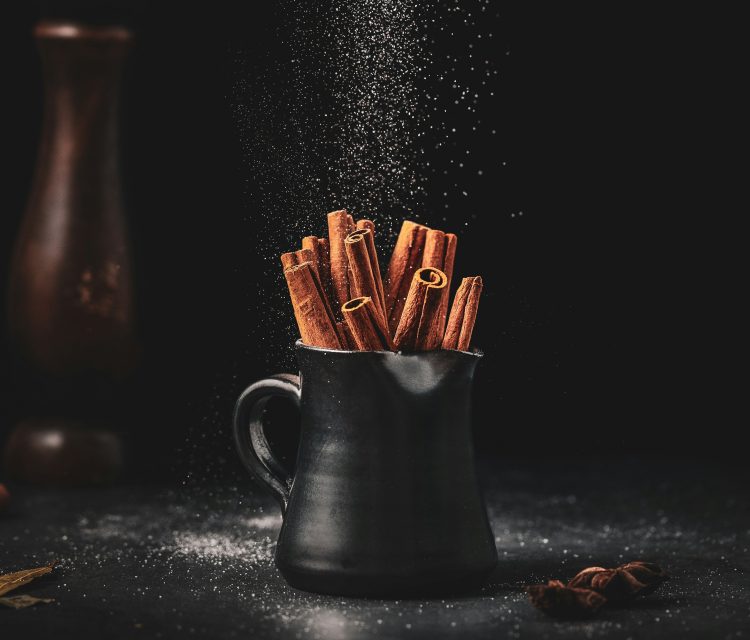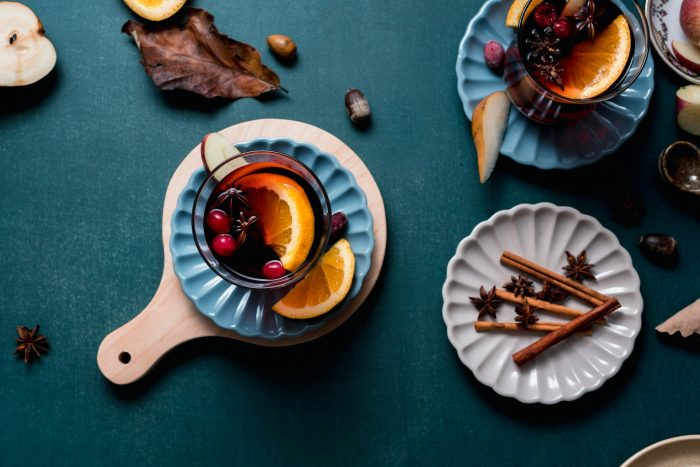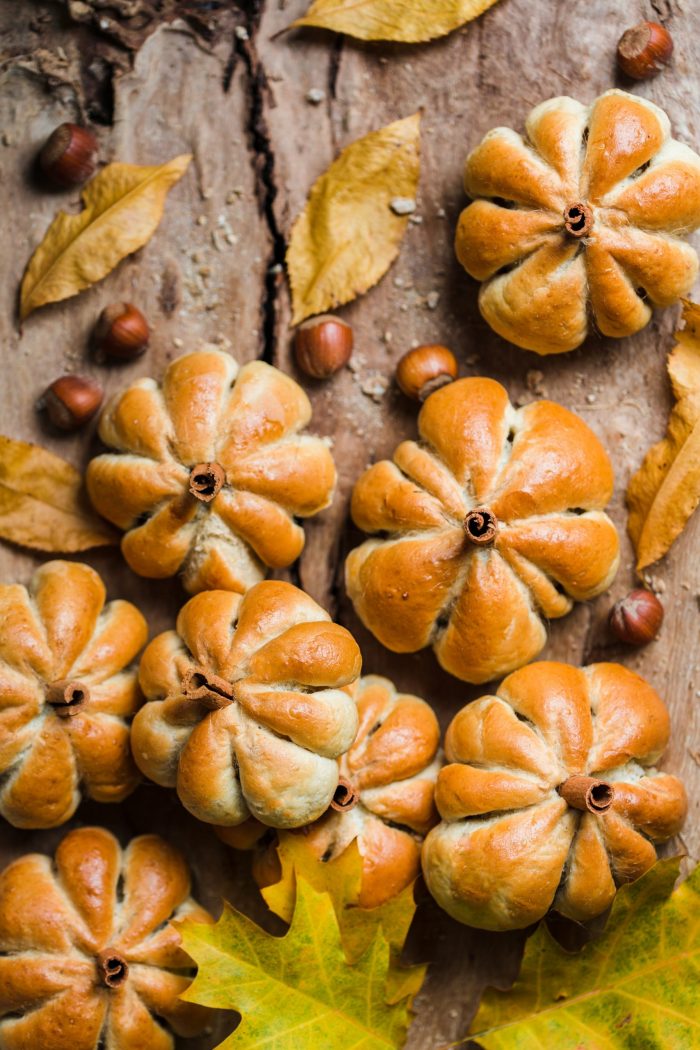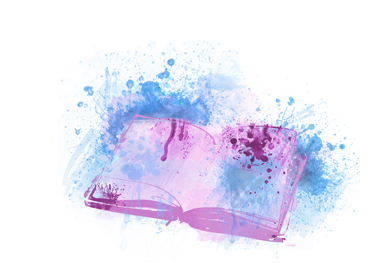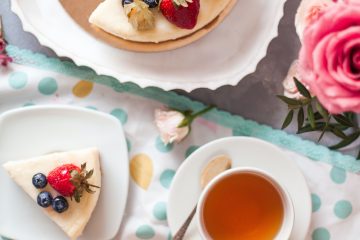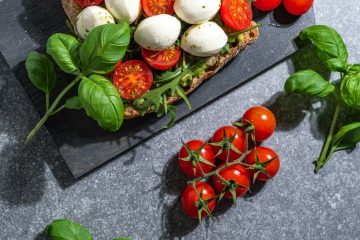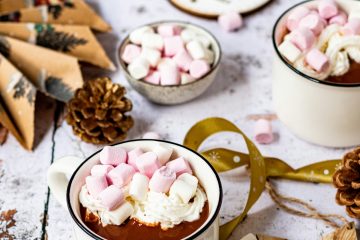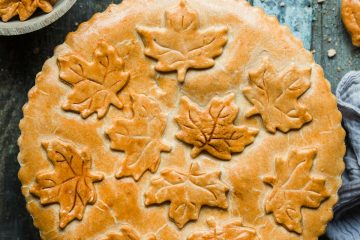The Fabulous Spice
Q.
How did cinnamon come to be called ‘the fabulous spice?’
.
A.
Others may vie for the title, but it’s cinnamon that has most often been dubbed ‘The Fabulous Spice.’ Be it ‘Cinnamomum, cassia, zeylanicum, burmanni, loureiroi – there’s been mention of cinnamon in the Bible, in ancient Chinese writings, in spice trader logs.
In his History of Animals, Aristotle voices his theory as to where these most mysterious of cinnamon sticks originate. Here’s Aristotle translated by D’Arcy Wentworth Thompson: ‘People who live where the bird comes from say that there exists a cinnamon bird which brings the cinnamon from some unknown localities, and builds its nest out of it; it builds on high trees on the slender top branches. They say that the inhabitants attach leaden weights to the tips of their arrows and therewith bring down the nests, and from the intertexture collect the cinnamon sticks.’
Cinnamon has long been considered to have healing qualities …
In her 12th Century Physica, Hildegard von Bingen wrote: ‘Cinnamon [Cynamommom] is intensely warm and has great power. It is also moderately humid, but its heat is so great that it depresses that humidness. It diminishes bad humors in whoever eats it often and brings good humors to the person.’
.
.
As Miss Swire falls early victim to 1900s Spanish Flu, Downton Abbey’s Doctor Clarkson advises: “When she awakes, give her aspirin and cinnamon and milk, and keep her here. I’ll look at her in the morning”
Miss Swire needed something far more powerful than cinnamon, but researchers do continue to explore possible medical benefits of cinnamon oils – anti-inflammatory? Antioxidant? Meanwhile, some snackers suffer ill-effects by consuming too much cinnamon for this or that fad.
Over the centuries, across cultures, cinnamon has also been considered a potent aphrodisiac. As author Isabel Allende notes in her Aphrodite: A Memoir of the Senses, cinnamon was one of the blacklisted spices at the Convent of the Barefoot Sisters of the Poor due to its reputed power as an aphrodisiac:
‘Spices have been used not only for seasoning foods and creating perfumes,’ Allende writes, ‘but also for love philters.’ ‘All that wisdom has died out; today we add parsley to our salad and saffron to the rice without suspecting their secret properties. For aphrodisiac herbs and spices to take effect, frequent use is recommended; it is naïve to expect that at the first whiff of cinnamon in our apple tart our libido leaps up.’
If The Fabulous Spice has even 1/100th of the superpowers it has been accorded, then who can blame us for starting the day right with a sprinkle of cinnamon in our hot drinks, or on our sweet buns.
.
.
www.justcurious.ca
Header Photo: Mae Mu
Photo #2: Natalie Behn
Photo #3: Patrycja Jadach

